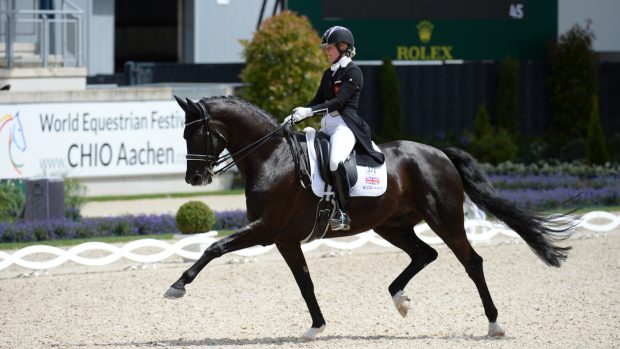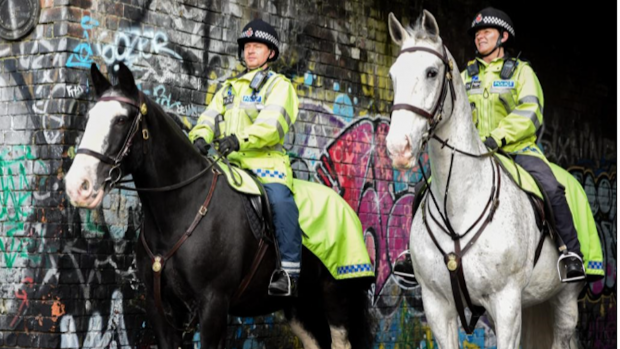Deciding whether it is the right time to retire your horse is a tricky one and just like people, horses adapt to retirement in different ways.
“Some enjoy a good quality of life out in the field, while others never really settle,” says Liane Preshaw, welfare development manager at the Horse Trust. The trust specialises in providing retirement and respite for working horses, including those who have served a lifetime in the police, Army and Riding for the Disabled Association (RDA).
“If your horse struggles, perhaps he can manage some light work or a gentle hack a couple of times a week.
“What’s important is to treat every horse as an individual.”

How does retirement livery work? [H&H VIP]
Deciding what to do with your retired horse is not easy, but one option is retirement livery. Stephanie Bateman explains
Once you’ve made a decision about retirement, here are 9 tips to make it as happy as possible for your horse:
1. Easing a horse into retirement is the key to a happy old age, according to Liane at the Horse Trust. “Keep the horse’s normal routine, but decrease his workload gradually over a couple of weeks.”
2. “His diet may need reviewing — some retired horses still need supplementary feed, while others may be prone to obesity,” says Liane. If he’s a slow eater, allow him time to finish meals and make sure he’s getting his fair share of hay in the field.
3. Your horse’s ability to go without shoes will depend upon his hoof health and ground conditions.
4. “There’s a misconception that some horses won’t cope with living out,” adds Liane. “Most will be very happy in the field 24/7 — provided they have shelter and companionship.”
5. Just because a horse has retired does not mean he should be forgotten. “Some owners think that a retired horse needs a lot less input, but this is not the case,” says Liane. “Basic management needs — including farriery, worming and dentistry — should still be met. A bit of quiet walking in-hand can be beneficial for some health issues, such as arthritis.”
6. A companion, in the form of another equine or a goat, sheep or chickens, can ward off loneliness. But choose thoughtfully — just because a horse is old does not mean that he’ll suddenly change the social habits of a lifetime.
7. Don’t write off all activity — gentle hacking or walking in-hand can ease stiffness and keep an agile mind happy.
8. Some horses thrive on being part of a busy yard. If he’s the sort to enjoy attention, he’ll appreciate the occasional pampering session.
9. Retirement livery could be an option if you lack the space or time to give a horse a comfortable old age.
The full article was published in 3 July issue of Horse & Hound magazine



